|
The Old Town of Nessebar is a charming and picturesque area located on a small peninsula on the Bulgarian Black Sea coast. The town is known for its rich history, beautiful architecture, and cultural heritage. Here are some of the top things to do and see in the Old Town of Nessebar:
Saints Constantine and Helena is a popular beach resort located on the Bulgarian Black Sea coast, known for its beautiful beaches, natural landmarks, and cultural attractions. Here are some of the top things to do in Saints Constantine and Helena:
Golden Sands is a popular beach resort located on the Bulgarian Black Sea coast, known for its beautiful beaches, natural landmarks, and cultural attractions. Here are some of the top things to do in Golden Sands:
Burgas is a beautiful coastal city located in Bulgaria, known for its rich history, cultural attractions, and beautiful beaches. Here are some of the top things to do in Burgas:
Kranevo is a small village located on the northern Bulgarian coast, near the popular resort town of Golden Sands. Here are some of the top things to do in Kranevo:
Varna, located on the Black Sea coast of Bulgaria, is a popular tourist destination known for its beautiful beaches, rich history, and vibrant nightlife. Here are some of the top things to do in Varna:
Albena is a popular resort town located on the northern Bulgarian coast, known for its beautiful beaches and scenic surroundings. Here are some of the top things to do in Albena:
Balchik is a charming coastal town located in the northeastern part of Bulgaria, known for its beautiful gardens, historic landmarks, and scenic surroundings. Here are some of the top things to do in Balchik:
4/12/2023 Kebapche - The Juicy and Flavorful Bulgarian Grilled Sausage: Uncovering Its Rich History, Myths, and Unique IngredientsRead NowKebapche is a traditional Bulgarian dish that has been enjoyed for centuries. This juicy and flavorful grilled sausage is a staple of Bulgarian cuisine and a favorite of locals and visitors alike. In this article, we will delve into the rich history and myths surrounding Kebapche, as well as explore its unique flavors and ingredients.
The Origins of Kebapche: Kebapche has its origins in the Ottoman Empire, which ruled over Bulgaria for several centuries. The dish is believed to have been influenced by the Turkish cuisine, which has a strong presence in the Balkan region. Over time, Kebapche evolved into a unique Bulgarian dish, and it is now a favorite of many. The Ingredients and Preparation: Kebapche is made using a combination of ground beef or pork, onions, and spices such as cumin and paprika. The ingredients are mixed together and then formed into a sausage shape, which is then grilled over an open flame. Kebapche is traditionally served with a side of Shopska salad and a slice of bread. Myths and Traditions Associated with Kebapche: Kebapche is more than just a dish; it is also a symbol of Bulgarian hospitality and friendship. It is often served at social gatherings, such as weddings and festivals. According to Bulgarian folklore, the person who eats the last Kebapche is considered the luckiest, as they will have good luck for the rest of the year. What Makes Kebapche Unique? Kebapche's uniqueness lies in its blend of spices and the way it is grilled. The use of cumin and paprika gives the sausage a distinct and flavorful taste that sets it apart from other grilled sausages. The grilling process over an open flame gives Kebapche a smoky and juicy texture that makes it irresistible. Kebapche Compared to Other Cuisines: Kebapche has similarities with other grilled sausages, such as the Greek Souvlaki and the Turkish Kofte. However, Kebapche's use of cumin and paprika gives it a distinct Bulgarian flavor. Some people also compare Kebapche to the Serbian Cevapi, which is also a grilled sausage made with a combination of ground meat and spices. In conclusion, Kebapche is a must-try for anyone interested in Bulgarian cuisine. Its unique blend of spices and juicy texture make it a perfect dish for social gatherings and a symbol of Bulgarian hospitality and friendship. So, the next time you visit Bulgaria, don't forget to indulge in a plate of Kebapche. Your taste buds will thank you. 4/12/2023 Surva: Exploring the Unique Traditions of Bulgaria's Traditional New Year's Eve CelebrationRead NowSurva is a traditional Bulgarian New Year's Eve celebration that is unique in its customs and traditions. It is a time when people dress up in colorful costumes and masks and go from house to house, performing traditional dances and songs to bring good luck and blessings for the new year. One of the most distinctive aspects of Surva is the elaborate costumes and masks worn by participants. The masks are often made of wood or leather and feature intricate designs that represent animals, spirits, or mythical creatures. The costumes are also colorful and detailed, with fur, bells, and other decorations. The overall effect is a festive and mystical atmosphere that is unlike anything else. Another unique aspect of Surva is the traditional dances and songs that are performed. These dances are often accompanied by the sound of bells and the beat of traditional instruments such as the kaval (flute) and tupan (drum). The dances are rhythmic and energetic, and are believed to bring good luck and fortune for the new year. During Surva, participants also perform various rituals that are believed to bring good luck and blessings. One such ritual involves the use of a wooden stick, which is used to touch the forehead of family members and friends, to transfer good wishes and positive energy. Other rituals include the throwing of grains or coins, symbolizing abundance and prosperity. Surva is not just a time for celebration, but also a time for community and socializing. Families and friends gather together to share food and drink, and to exchange gifts and well-wishes for the new year. The celebration is a reminder of the importance of community and togetherness in Bulgarian culture. In conclusion, Surva is a unique and beloved part of Bulgarian culture, with its colorful costumes, lively dances, and festive rituals. It is a celebration of the new year, but also a celebration of community and togetherness. By preserving and celebrating the traditions of Surva, Bulgarians are keeping alive their rich cultural heritage and deep spiritual roots. #Ravda #Равда #nessebar #sunnybeachbulgaria #bulgaria #bulgariancoast #discoverbulgaria #bulgariansea #bulgarianseaside #RavdaVillage #HotelsRavda #HotelsInRavda #ApartmentsInRavda #digitalnomad #digitalnomadstay #digitalnomadlife #digitalnomadlifestyle #remoteworkspot #workfromhome #beststay #familyhotel #Несебър #СлънчевБряг #България #номад #дигиталенномад #семейнапочивка #южночерноморие #почивка #море #bulgaria #bulgaristan #bulgarie #bulgari #bulgarian Horo dance is a traditional Bulgarian dance that has been a part of the country's culture for centuries. It is a communal dance that is typically performed in a circle, with people holding hands and moving in a synchronized fashion to the beat of traditional music. One of the reasons why Horo dance is so unique is its adaptability. It can be performed with different numbers of dancers, and the steps and patterns can vary depending on the region or occasion. The dance can also be performed indoors or outdoors, and can be accompanied by a variety of traditional instruments such as the bagpipe, kaval (flute), and gaida (shepherd's pipe). Another reason why Horo dance is so special is its ability to bring people together. The dance is often performed at weddings, festivals, and other celebrations, and is a symbol of Bulgarian hospitality and community. The circle formation of the dance represents unity and the importance of working together as a group. The music that accompanies Horo dance is also an important part of its uniqueness. Bulgarian folk music is characterized by complex rhythms and melodic structures, and is often played with instruments such as the gadulka (stringed instrument) and tupan (drum). The combination of music and dance creates a powerful emotional experience that can be felt by both performers and audience members. Horo dance has played an important role in Bulgarian history and culture. During the country's long history of occupation and oppression, the dance served as a symbol of resistance and unity, as people gathered together to dance and celebrate their culture. Today, Horo dance continues to be a beloved part of Bulgarian culture, and is celebrated at festivals and events around the country. In conclusion, Horo dance is a unique and important part of Bulgarian culture, with its adaptability, community-building power, and emotional impact. Whether performed at weddings, festivals, or other celebrations, the dance is a symbol of Bulgarian hospitality and unity, and is an integral part of the country's cultural heritage. By continuing to preserve and celebrate the tradition of Horo dance, Bulgarians are keeping alive their rich cultural identity and connection to the past. #Ravda #Равда #nessebar #sunnybeachbulgaria #bulgaria #bulgariancoast #discoverbulgaria #bulgariansea #bulgarianseaside #RavdaVillage #HotelsRavda #HotelsInRavda #ApartmentsInRavda #digitalnomad #digitalnomadstay #digitalnomadlife #digitalnomadlifestyle #remoteworkspot #workfromhome #beststay #familyhotel #Несебър #СлънчевБряг #България #номад #дигиталенномад #семейнапочивка #южночерноморие #почивка #море #bulgaria #bulgaristan #bulgarie #bulgari #bulgaria Rakia is a traditional Bulgarian alcoholic drink that has been a part of the country's culture for centuries. Made from distilled fruits such as grapes, plums, apricots, or peaches, rakia is often enjoyed as an aperitif or digestive, as well as a symbol of Bulgarian hospitality and friendship. One of the reasons why rakia is so unique is its versatility. It can be served hot or cold, straight or mixed with other drinks, and can be enjoyed with a variety of traditional Bulgarian dishes. Rakia is often paired with banitsa, a savory pastry made of filo dough and cheese, or shopska salad, a refreshing mix of tomatoes, cucumbers, onions, and feta cheese. Another reason why rakia is so special is the traditional way it is produced. Many families in Bulgaria make their own rakia, using their own fruit and following traditional methods passed down through generations. Rakia production is also regulated by the government, with strict rules on the quality and purity of the drink. Rakia is not just a drink, but a symbol of Bulgarian culture and hospitality. It is often served to guests as a sign of welcome and friendship, and is a popular gift to bring to social gatherings or special occasions such as weddings and holidays. But rakia is more than just a cultural symbol - it has also been shown to have health benefits. Studies have suggested that moderate consumption of rakia can have a positive effect on the digestive system and may help lower the risk of heart disease. In addition, rakia has played an important role in Bulgarian history and folklore. During the country's long history of occupation and oppression, rakia became a symbol of resistance and unity, as people gathered together to share the drink and celebrate their culture. Today, rakia continues to be a beloved part of Bulgarian culture, celebrated at festivals, weddings, and other special occasions. It is also gaining popularity around the world, with Bulgarian restaurants and bars introducing the drink to new audiences. In conclusion, rakia is a unique and beloved part of Bulgarian culture, with its versatile taste, traditional production methods, and cultural significance. Whether enjoyed as a symbol of hospitality, a digestive aid, or simply as a delicious drink, rakia is a treasure of Bulgarian heritage that is worth discovering and savoring. Kavarna is a small coastal town located in northeastern Bulgaria, known for its beautiful beaches, scenic surroundings, and historic landmarks. Here are some of the top things to do in Kavarna:
4/11/2023 Гледки в Равда, България и Света - Atlantis In Apartments Ravda - Атлантис Ин Апартаменти РавдаRead Now🍀Atlantis In Apartments Ravda!🍀 - https://www.atlantisinravda.com
👨👩👦👦🤽♀️🚴♂️🚣♀️🏄♀️Това е идеалното място за една незабравима почивка с цялото семейство👨👩👦. 🗺Разположен в най-предпочитаната част на Равда, непосредствено до морската алея🏖🧭, апартаменти с всички удобства, необходими за перфектна семейна почивка.🧳 🌊Atlantis In Apartments Ravda разполага с множество удобства, включително, детски кът.🛝🎠🎡 🏅Но най-важното е, че апартаментите са напълно подготвени да посрещнат гостите си с мерки за безопасност и хигиена, за да се чувствате спокойни и комфортно през цялото време на почивката си. Discover the story of Atlantis In Apartments Ravda, our family-owned apartment complex. Learn about our values, mission, and why we love hosting guests. Bulgaria is renowned for its centuries-old tradition of rose picking and oil production. The country's unique climate and soil conditions create the perfect environment for cultivating the fragrant Rosa Damascena, or the Bulgarian Rose. Every year, from May to June, locals and tourists gather in the Valley of Roses to participate in the annual rose picking ceremony. The picked roses are then used to produce the famous Bulgarian rose oil, also known as the "liquid gold" of Bulgaria.
Rose picking and oil production in Bulgaria date back to the 16th century when the Ottoman Empire introduced the cultivation of roses in the country. Since then, the rose oil industry has flourished, making Bulgaria the largest producer of rose oil in the world. During the rose picking season, visitors can experience the unique tradition of rose picking and oil production in Bulgaria. They can participate in the picking of roses and watch as the delicate petals are distilled into rose oil. The entire process is mesmerizing, and the sweet, floral scent is simply enchanting. Apart from its beauty and fragrance, Bulgarian rose oil has numerous benefits. It is used in the production of cosmetics, perfumes, and traditional medicines. Rose oil is known for its anti-inflammatory, antiseptic, and antioxidant properties, making it a highly sought-after ingredient in the beauty industry. In addition to rose picking and oil production, visitors can also experience other customs associated with the rose industry, such as the Rose Festival in Kazanlak. The festival is held every year in the first week of June and includes a procession of beautifully decorated floats, live music, and dance performances. In conclusion, rose picking and oil production customs in Bulgaria are a unique and unforgettable experience. They offer visitors a glimpse into Bulgaria's rich culture and history, as well as the opportunity to witness the production of one of the most precious oils in the world. So, if you're planning a trip to Bulgaria, don't miss the chance to participate in this age-old tradition and discover the beauty of Bulgarian roses. Balgarevo is a small village located in northeastern Bulgaria, close to the Black Sea coast. Despite its small size, the village has plenty to offer in terms of natural beauty, cultural attractions, and outdoor activities. Here are some of the top things to do in Balgarevo:
Kamen Bryag is a small village located on the northern Black Sea coast of Bulgaria. Despite its small size, it has plenty to offer for visitors who are looking to experience the natural beauty and cultural heritage of the region. Here are some of the top things to do in Kamen Bryag:
Tyulenovo is a small village located on the northern Black Sea coast of Bulgaria, known for its rugged coastline and crystal-clear waters. Here are some of the top things to do in Tyulenovo:
Ravda, a small resort town located on the southern Black Sea coast of Bulgaria, may not be the first place that comes to mind when thinking about digital nomad hotspots. However, with its stunning beaches, vibrant local community, and abundant amenities, Ravda has become an increasingly popular destination for remote workers seeking a productive yet enjoyable lifestyle.
As a digital nomad, you'll find plenty of great things to do in Ravda. Here are just a few ideas to get you started:
4/5/2023 Ravda - The Ideal Top Destination for Families on the Southern Black Sea in BulgariaRead NowIf you are looking for a place to relax on the southern Black Sea coast of Bulgaria, where you can enjoy peace and quiet, Ravda is the perfect choice. This small and cozy resort town is popular among tourists who seek tranquility, beautiful beaches, and lots of fun for the whole family.
Ravda is located about 20 km south of Burgas and is known for its long and beautiful beach. The beach is especially suitable for children, as the water is very shallow and calm. In the area of the beach, there are plenty of entertainment options for the whole family, such as water sports, volleyball, soccer, and many others. One of the great advantages of Ravda is that the town is small and cozy, making it perfect for families. The town has plenty of cafes, restaurants, and shops where you can enjoy local cuisine and stroll around the small stores. In Ravda, there are many activities for the whole family, such as visiting landmarks like the St. John the Baptist Monastery, which is located near the town. You can enjoy beautiful walks in nature and visit local gardens and parks. If you are looking for a place to rest your soul and enjoy tranquility, Ravda is the perfect choice for you and your family. Beautiful beaches, good food, and lots of fun for the whole family make Ravda the best top destination for families on the southern Black Sea in Bulgaria. Shabla is a small town located on the northeastern coast of Bulgaria, known for its natural beauty, historical sites, and traditional culture. Here are some of the top things to do in Shabla:
Krapets is a small coastal village located on the northern coast of Bulgaria, near the border with Romania. While it is a relatively quiet destination, it offers a range of activities for visitors. Here are some of the top things to do in Krapets:
|
Details
Atlantis In Apartments RavdaThe most affordable and cosy stay in Ravda for families and entrepreneurs or small teams working remotely.
KeywordsRavda seaside,holiday apartments in Ravda,Atlantis In Apartments,private balconies in Ravda,outdoor activities in Ravda,tourist attractions in Ravda,spacious rooms in Ravda,romantic getaway in Bulgaria,honeymoon accommodation in Ravda,sauna in Ravda,Jacuzzi in Ravda,kid's club in Bulgarian village,water sports in Ravda,fishing in Bulgarian village,yachting in Ravda,kite surfing in Ravda,snorkeling in Ravda,music festivals in Ravda,birdwatching in Ravda,ravda, beachfront apartments,luxury vacation rentals,Ravda seaside,Black Sea coastline,family-friendly accommodation,holiday apartments in Ravda,Atlantis In Apartments,modern amenities in Bulgaria,seaside vacation rentals,Bulgarian village apartments,private balconies in Ravda,swimming pool in Atlantis In,outdoor activities in Ravda,entertainment near Black Sea,fine dining in Bulgarian village,tourist attractions in Ravda,affordable prices in Atlantis In,spacious rooms in Ravda,convenient location in Bulgaria,pet-friendly apartments in Ravda,group bookings in Atlantis In,romantic getaway in Bulgarian village,honeymoon accommodation in Ravda,business trips in Bulgaria,fitness center in Atlantis In,sauna in Ravda,steam room in Bulgarian village,Jacuzzi in Ravda,massage services in Atlantis In,kid's club in Bulgarian village,water sports in Ravda,scuba diving in Black Sea,fishing in Bulgarian village,yachting in Ravda,windsurfing in Atlantis In,kite surfing in Ravda,parasailing in Black Sea,jet skiing in Bulgarian village,snorkeling in Ravda,horseback riding near Black Sea,cultural events in Bulgarian village,music festivals in Ravda,wine tasting in Atlantis In,local cuisine in Bulgarian village,souvenir shopping in Ravda,historical landmarks in Black Sea,nature trails in Bulgarian village,birdwatching in Ravda,eco-tourism in Black Sea,beach hopping in Bulgarian village,
Archives
November 2023
Categories
All
|
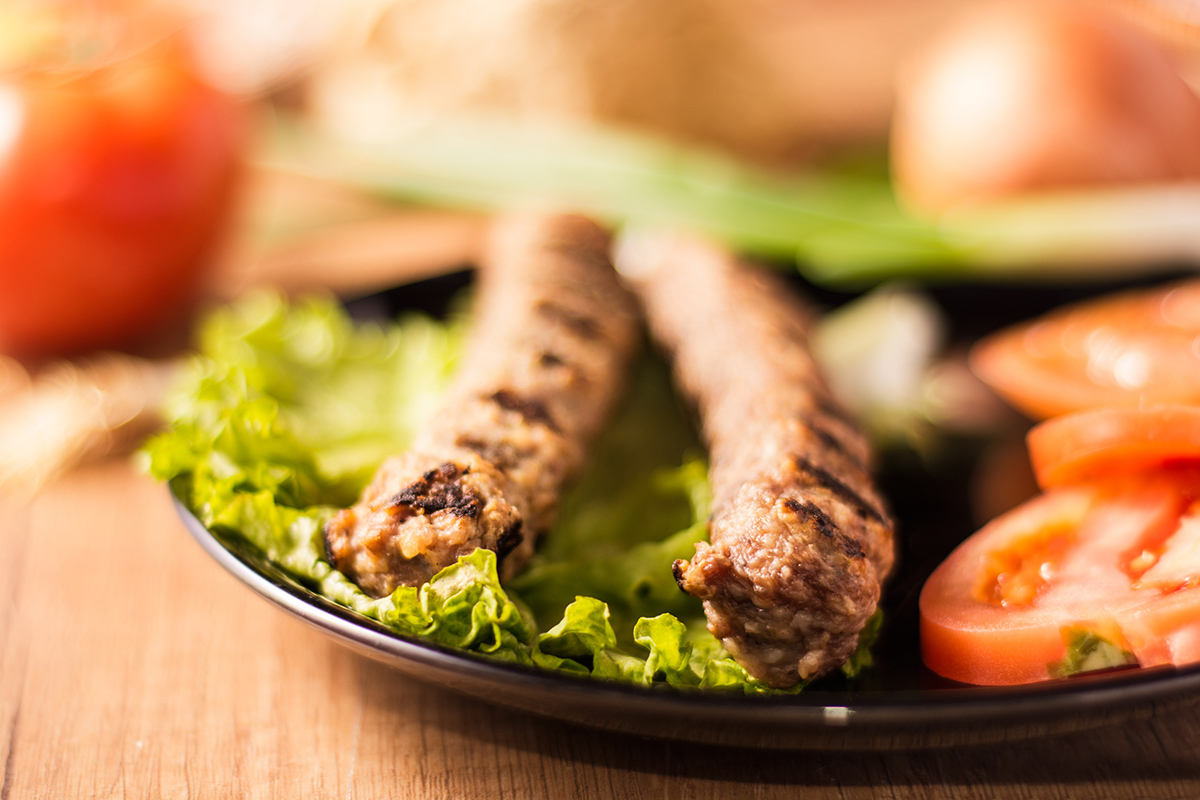
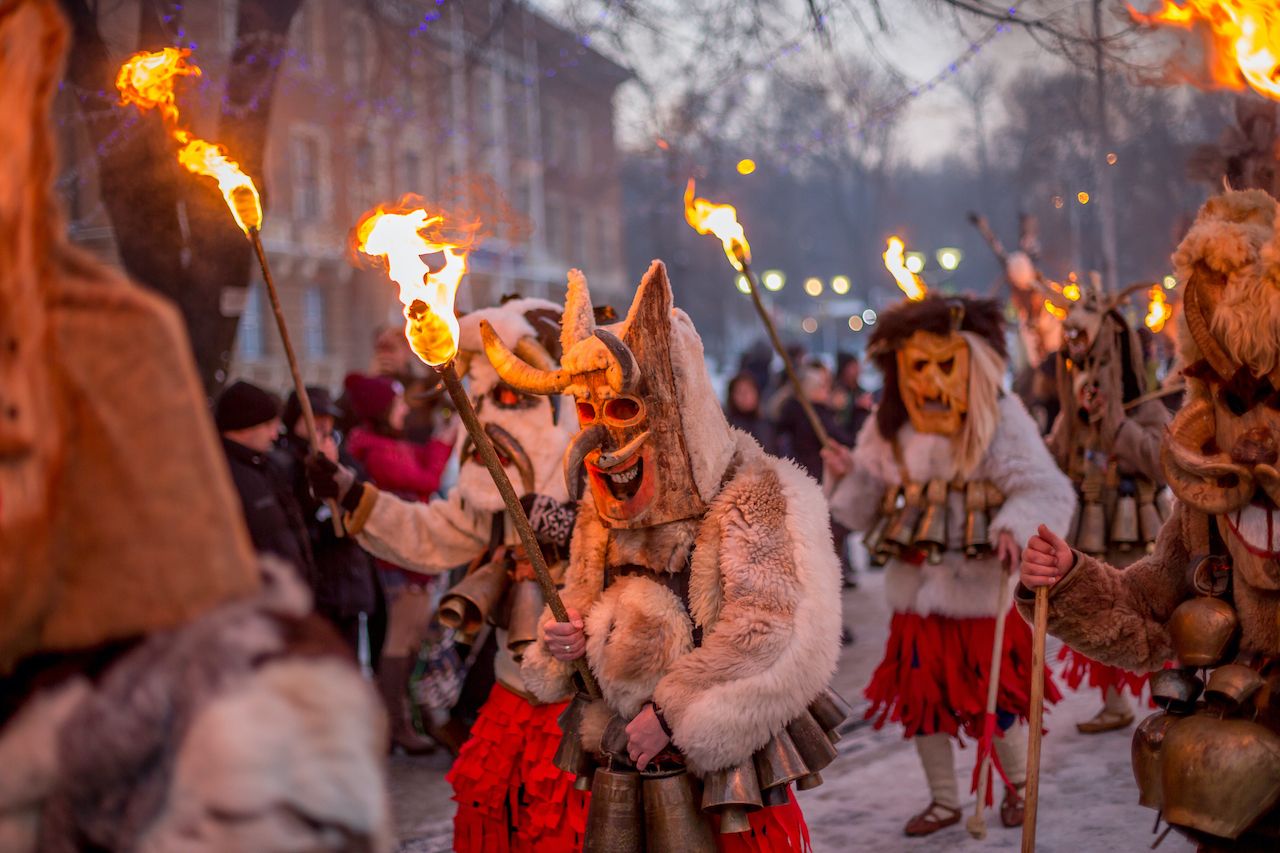
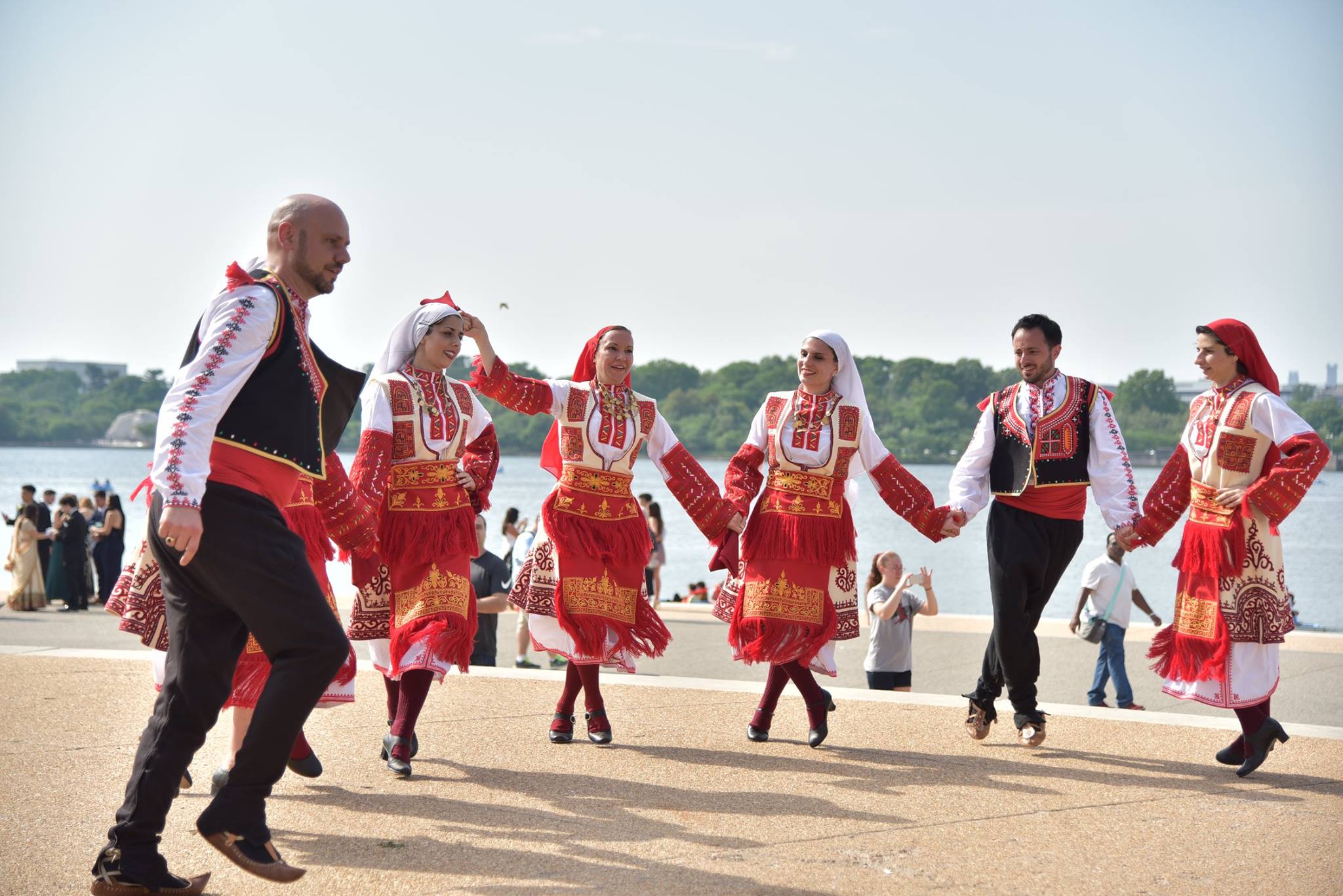
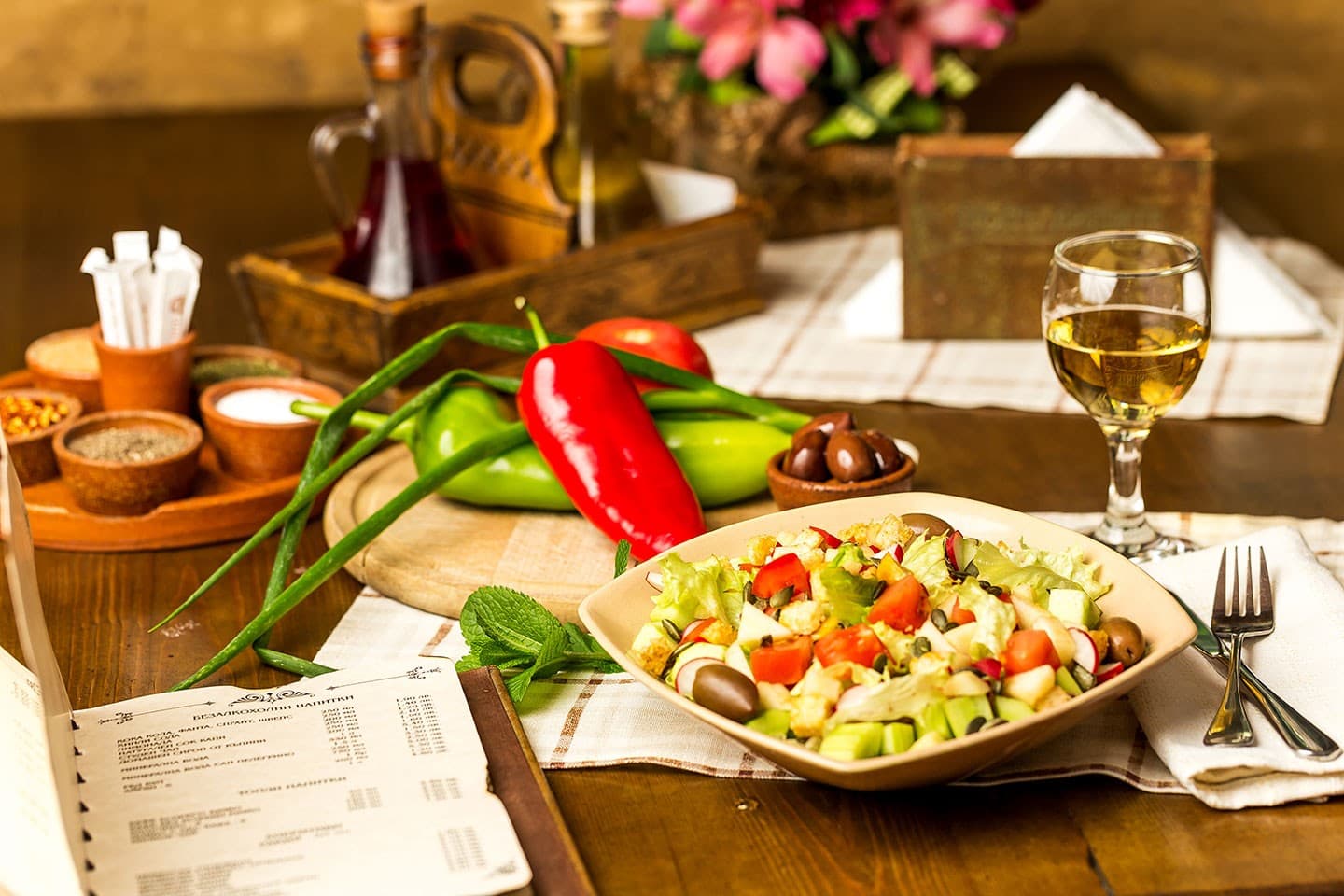
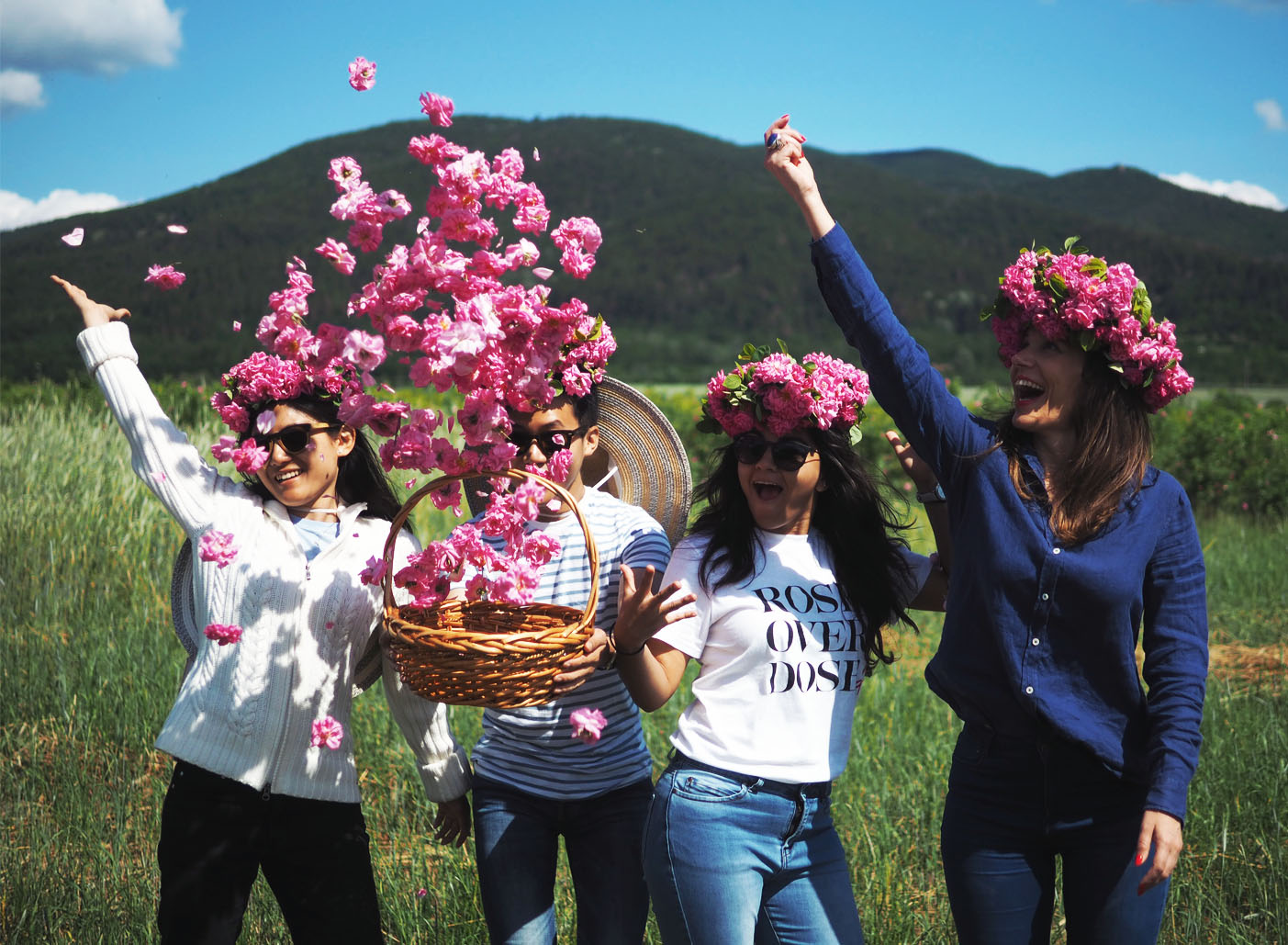
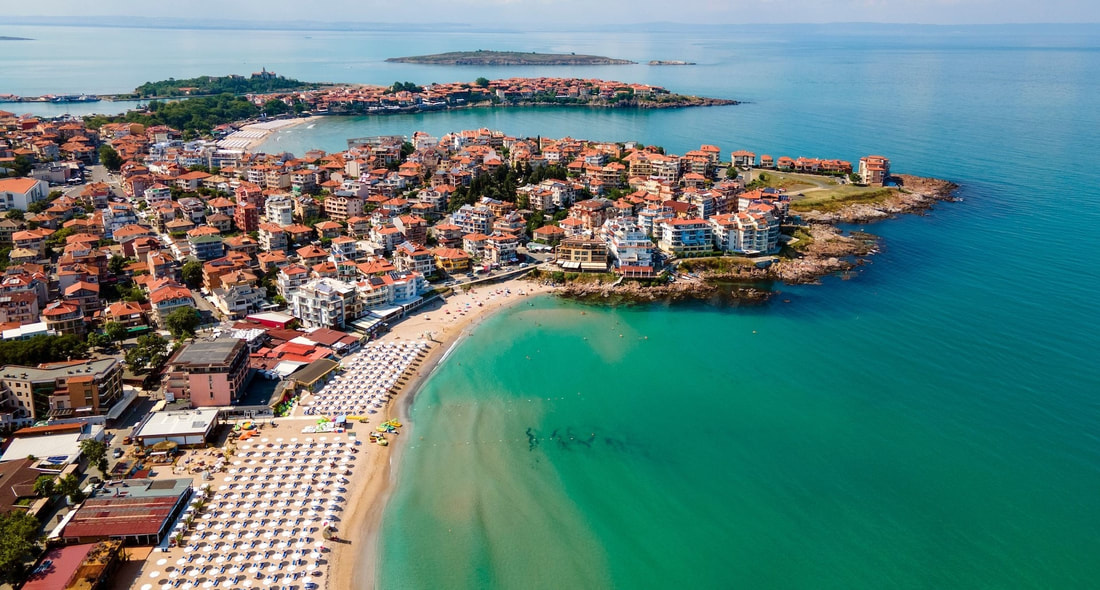
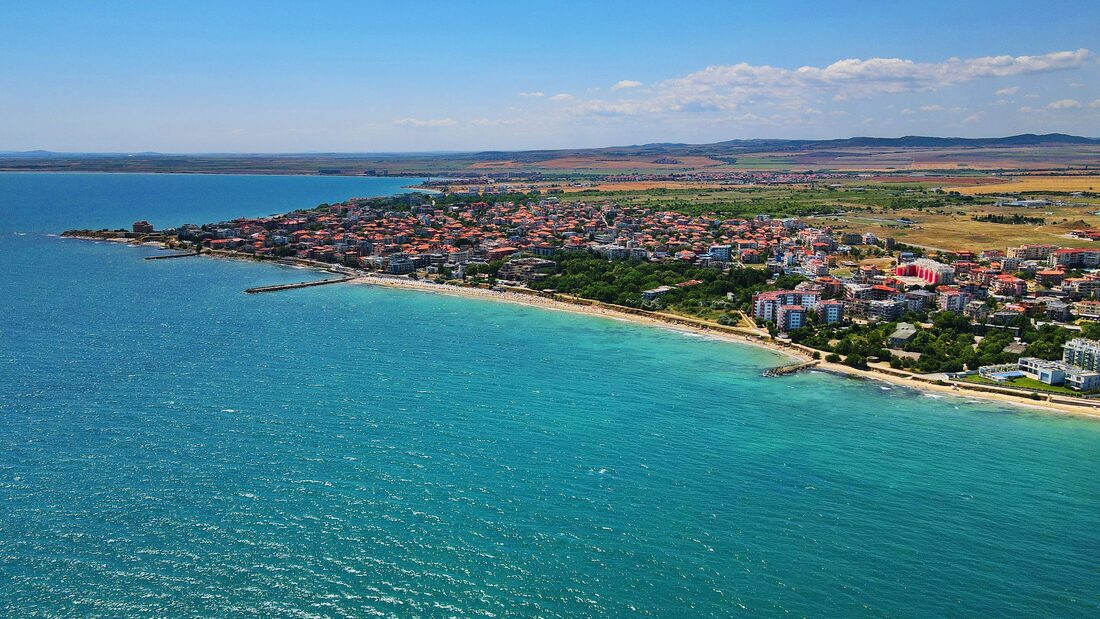
 RSS Feed
RSS Feed






